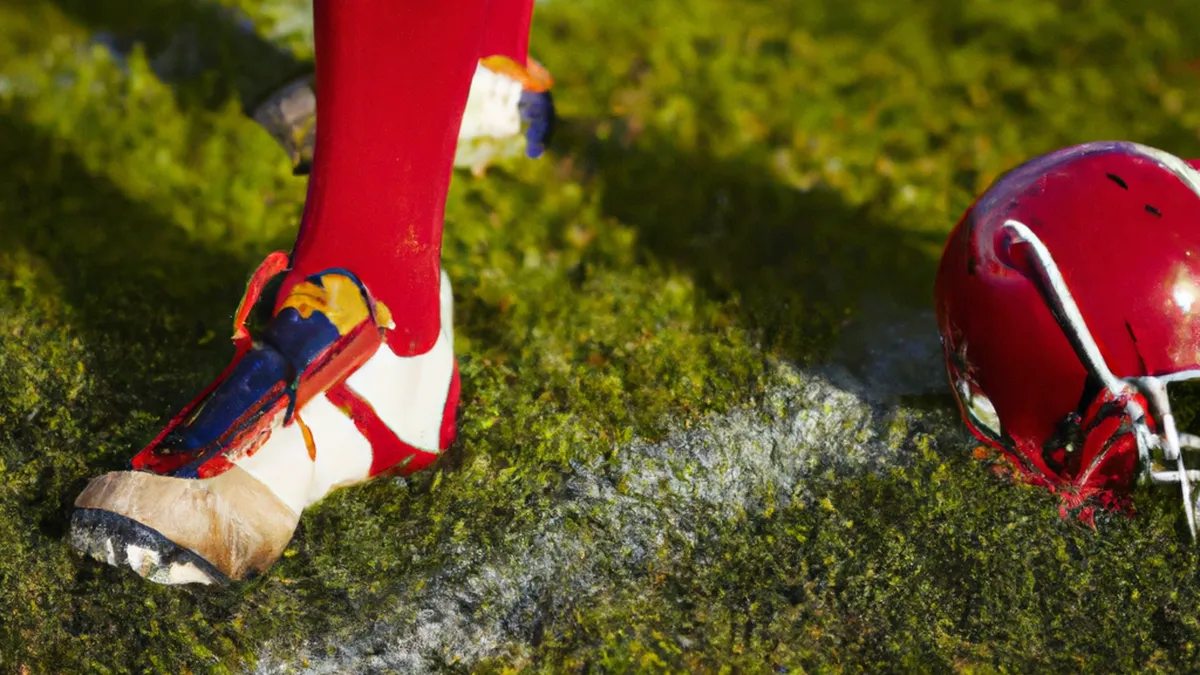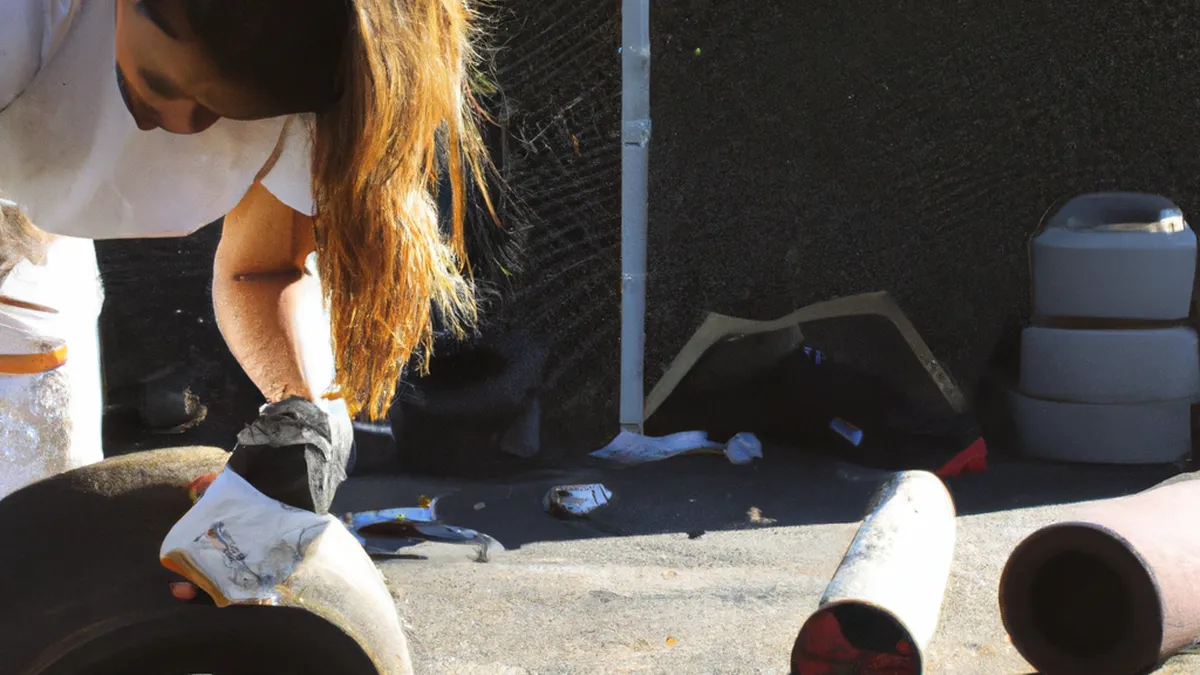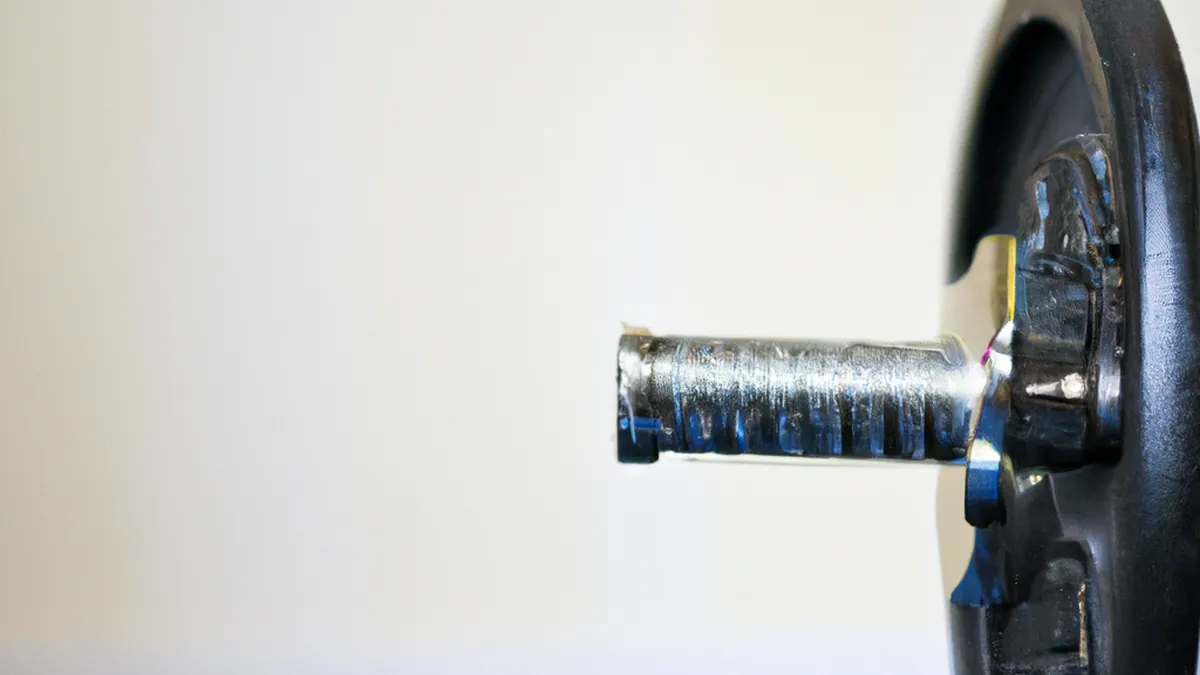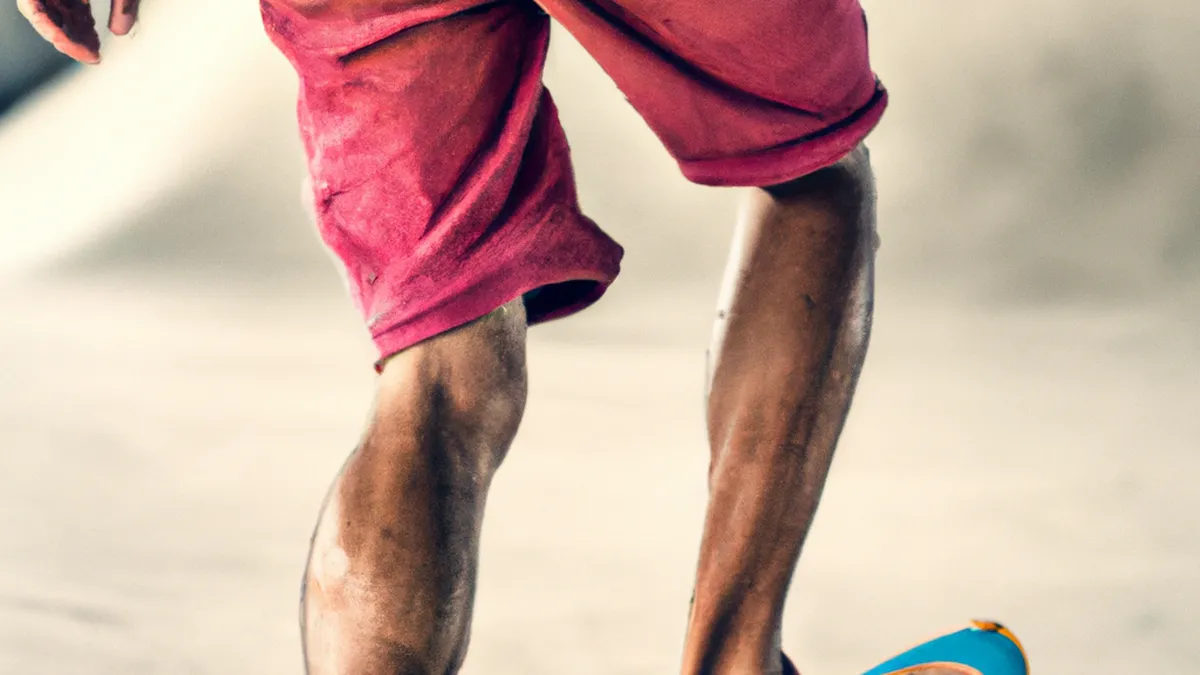Healthy Bones, Healthy Performance: A Guide
Bone Health for Female AthletesFemale athletes encounter unique challenges regarding bone health. Intense training and competition often lead them to neglect strong bones. Prioritizing bone health enhances performance and supports long-term well-being. This guide explores factors influencing bone health, practical tips, and a holistic approach.
Understanding Bone Health
Strong bones support physical activity and reduce injury risks for athletes. Women face more bone health issues, especially after their teenage years. Hormonal changes during menstruation, pregnancy, and menopause contribute to this vulnerability. Women also typically achieve lower peak bone mass than men.Female athletes must focus on nutrition, exercise, and lifestyle choices to maintain strong bones. By understanding these factors, athletes can proactively protect their bone health and perform optimally.
Nutrition for Strong Bones
As an Amazon Associate I earn from qualifying purchases.
Gear tip: consider compression sleeves, compression socks, and percussive massager to support this topic.
Proper nutrition significantly impacts bone health. Calcium and vitamin D are essential nutrients for bone density and strength.
Calcium Sources
Calcium strengthens bones. Women should aim for approximately 1,000 mg daily, increasing to 1,200 mg after 50. Dairy products like yogurt, cheese, and milk excel as calcium sources. Lactose-intolerant or plant-based individuals can choose fortified almond milk, soy milk, or tofu.Leafy greens, nuts, seeds, and fish like sardines and salmon also fulfill calcium needs. Many cereals and bread products are fortified, providing convenient calcium options.
Importance of Vitamin D
Vitamin D aids calcium absorption. Although sunlight offers a natural source, many athletes spend time indoors, risking deficiencies. Athletes in regions with limited winter sunlight should consider fortified foods and supplements. Women should aim for 600 to 800 IU of vitamin D daily, depending on age and health needs.
Exercise and Bone Density
Exercise maintains bone density and overall health. Weight-bearing activities stimulate bone growth and increase density by applying stress.
Types of Exercises
Incorporating aerobic and resistance training is essential. High-impact exercises like running, basketball, soccer, and dance build bone strength. Strength training with weights or resistance bands enhances bone density and muscle strength.
Conclusion
Prioritize bone health through nutrition, exercise, and lifestyle choices. Strong bones support athletic performance and overall well-being.
Below are related products based on this post:
FAQ
Why is bone health particularly important for female athletes?
Bone health is crucial for female athletes as they face unique challenges, including hormonal changes that can affect bone density. Neglecting bone health can lead to increased injury risks and long-term health issues. Prioritizing strong bones enhances athletic performance and overall well-being.
What role does nutrition play in maintaining strong bones?
Good nutrition is essential for bone health, with calcium and vitamin D being critical nutrients. Women should aim for about 1,000 mg of calcium daily, increasing to 1,200 mg after age 50. Vitamin D is also vital for calcium absorption, and many athletes may need to supplement due to limited sun exposure.
What types of exercises are beneficial for bone density?
Weight-bearing and resistance exercises are particularly beneficial for maintaining bone density. High-impact activities such as running, basketball, and dance stimulate bone growth, while strength training with weights or resistance bands enhances bone density and muscle strength.















Post Comment